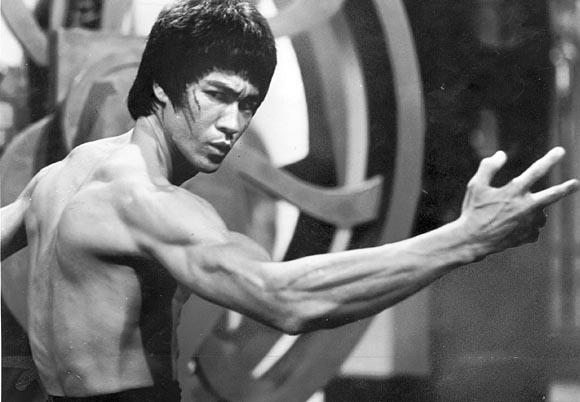Training in martial arts can evoke a range of emotions, from excitement to frustration. It can also present physical and mental challenges that may evoke deep-seated emotions and memories.
In this chapter, we will explore the emotional aspects of martial arts training and how these experiences can help individuals overcome internal challenges and develop greater emotional intelligence in daily life.
Table of Contents
The Emotional Roller Coaster
Training in martial arts can be a real emotional roller coaster. You might feel great when you pull off a perfect move but then get frustrated, doubt yourself, or even get angry when you can’t quite nail a specific technique. These feelings are a normal part of learning and can help us grow personally.
Recognizing and accepting these emotions as a natural response to training challenges is essential. Instead of pushing these feelings aside, we can learn to acknowledge and embrace them, using them as motivation for personal growth and self-discovery. Exploring our emotions can help us become more aware of ourselves, more emotionally intelligent, and better able to handle difficulties in training and life.
Triggering Implicit Memories and Emotional Schemas
When practicing martial arts, old emotions and habits may come up. These feelings can include feeling inferior, weak, powerless, indecisive, or having negative thoughts about oneself. These emotions might come from childhood experiences or more recent events. While training in martial arts, these feelings may resurface.
However, facing these internal challenges during training allows us to overcome them. By recognizing and dealing with these emotional patterns, we can break free from their hold and develop healthier ways of relating to ourselves and the world.
Managing Internal Needs and External Adversity
When we train in martial arts, we must balance taking care of our needs and dealing with outside challenges. This balancing act can be a potent symbol for life because we always have to manage how our emotions and beliefs interact with the realities of our daily lives.
For instance, when we face a formidable sparring partner or a problematic technique, we might want to rely on our old habits, like doubting ourselves, speaking negatively about ourselves, or blaming others for our problems. But if we recognize these patterns and concentrate on the task, we can overcome these limiting beliefs and develop a more empowered and flexible approach to life’s challenges.
Synergy Between Mind and Body
Martial arts training helps connect the mind and body. By practicing activities that require physical coordination, mental focus, and emotional control, we can improve the harmony between our thoughts, feelings, and actions.
This connection can help us become more self-aware and emotionally intelligent, allowing us to understand better and address our internal challenges.
Growth Through Adversity
Experiencing challenges during martial arts training can help us grow and change. Overcoming these difficulties can make us stronger, more self-assured, and emotionally intelligent.
In the dojo, we learn that growth often comes from pushing our limits and stepping out of our comfort zone. This lesson can be applied to our lives, helping us see challenges as opportunities for self-improvement.
By changing our mindset, we can view setbacks and obstacles as steps toward personal and professional success. This shift can significantly impact our well-being and happiness as we learn to approach life’s difficulties with curiosity and determination.
Lessons in Emotional Control
Martial arts training shows us how to control our emotions in combat and in our daily lives. By sparring, grappling, and other exercises, we learn to recognize and manage our feelings. We use our emotions to act positively instead of letting them overwhelm us or control our behavior.
Emotional control is valuable in high-pressure situations like job interviews, public speaking, or difficult conversations. Staying calm and focused helps us make better decisions, communicate effectively, and achieve our goals.
Embracing Vulnerability
Martial arts training often requires us to face our fears and insecurities. This helps us embrace being open and honest, essential to growing and learning about ourselves. When we step into the training area and confront our physical and emotional limitations, we learn to accept who we are while working to become our best selves.
Being willing to be open and honest can significantly impact our relationships, careers, and personal growth. Accepting our vulnerabilities makes room for new experiences, deeper connections, and greater authenticity, which helps us lead more fulfilling and balanced lives.
Developing Compassion and Empathy
As we learn martial arts, we become more compassionate and understanding for ourselves and others. By training with partners of different skill levels and backgrounds, we realize everyone has unique challenges and difficulties.
Understanding and empathizing with others can bring us closer, leading to better relationships. This can improve our personal and professional connections and make it easier for us to work together.
The Road Ahead
As we continue exploring how life imitates martial arts, we need to remember that personal growth is a lifelong process. Martial arts training provides a rich emotional landscape for self-discovery, offering many opportunities to learn, grow, and transform.
In the upcoming chapters, we will explore various aspects of martial arts practice that can be applied to personal growth and success in everyday life. These lessons can help you adopt the martial arts mindset and use its principles in life, leading to greater fulfillment, balance, and well-being.




